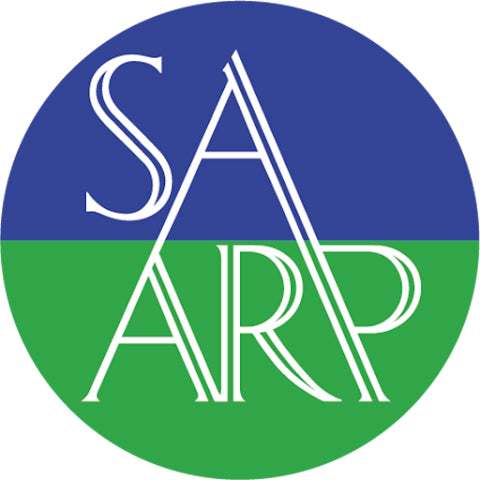Can taking a migraine drug just as an attack sets in stop it in its tracks?
Taken at onset, ubrogepant may stop migraine attacks in their tracks
- Migraine attacks are painful events that can cause many unpleasant symptoms.
- Research is ongoing about the best way to help people who experience migraine attacks.
- Results of a recent study found that administering the medication ubrogepant during the prodrome, or ‘onset,’ phase of migraine may greatly improve normal functioning abilities and reduce activity limitations.
Migraine is a common condition, and these attacks are events that often involve severe headache pain that inhibits a person’s ability to go about everyday activities. Attacks can be challenging to treat, and experts are interested in how medications can help and how timing can increase their effectiveness.
A study published in Neurology analyzed the effects of the medication ubrogepant when participants took it just before a migraine occurred. Participants who received ubrogepant were more likely to report an ability to function normally and fewer activity limitations than participants taking the placebo.
They were also more likely to report being satisfied with the medications’ results than those who received the placebo. The results point to the effectiveness of taking ubrogepant during the prodrome, or ‘onset,’ period of a migraine attack. Ubrogepant as acute treatment for early-stage migraine attacks
The researchers who conducted this study wanted to look at how using the medication ubrogepant during the prodromal phase of migraine could help improve functional outcomes.
The prodromal phase is the very beginning of a migraine episode, which can happen as early as 2 days before the headache-like stage of migraine begins. This study notes that symptoms during the prodromal phase can include irritability, fatigue, and photophobia, or sensitivity to light.
The current publication was an analysis of a previous trial called the PRODROME trial. This was a double-blind, randomized, placebo-controlled crossover trial that included data from 73 different sites across the United States.
Participants were divided into two groups. The first group received the placebo at the first prodrome event and then ubrogepant at the second prodrome event. The second group received ubrogepant for the first event and the placebo for the second.
Researchers defined a qualifying prodrome event as having prodromal symptoms coupled with the participants being certain that a headache would follow within 1 to 6 hours. All participants were between 18 and 75 years old and had a 1-year history or more of migraine. All participants were able to identify prodrome symptoms.
The current analysis looked at the patient-reported outcomes related to taking ubrogepant compared to the placebo. Researchers analyzed data from 477 participants in the modified intent-to-treat population.
They looked at participants’ ability to function normally, activity limitation, and satisfaction with medication results.
Participants with migraine regain normal function within 2 hours from treatment
Overall, the results demonstrated that ubrogepant was superior to placebo in terms of patient-reported outcome measurements
Over 48 hours, more participants who received ubrogepant were able to function normally in as little as 2 hours from receiving ubrogepant compared to those who received the placebo.
In addition, participants who received ubrogepant were more likely to have little to no activity limitations at 24 hours from treatment. Participants receiving ubrogepant were also more likely to report satisfaction with the medication treatment.
Headache neurologist Nina Riggins, MD, PhD, FAHS, from the Headache Center of Excellence of Palo Alto VA Medical Center in California, who previously conducted research for Theranica and Eli Lilly, but was not involved in the current study, noted to Medical News Today that:
“Migraine is a genetic neurologic disorder, and, so far, we don’t have treatment to completely stop migraine disease, so it is very important to figure out the best way to use available treatments to allow patients living with migraine to function well […] Ubrogepant intake in comparison to placebo, when participants took it during prodrome in this RCT [randomized control trial], resulted in improved functioning for over 24 hours, decrease in activity limitations at 24 hours, [and] more participants reported satisfaction with study medication at 8 and 24 hours. This is great news, as [it] gives us hope to prevent [the] headache stage.”
This study received funding from pharmaceutical company AbbVie, which commercializes ubrogepant under the brand name Ubrelvy.
Olivia Begasse de Dhaem, MD, FAHS, founder and medical director of the Institute for Headache and Brain Health, who was not involved in this study, noted the following:
“I believe more future research [is] needed to make sure that we better understand prodromal symptoms and how often headache follows these symptoms during migraine attacks.”
Written by Jessica Freeborn on September 2, 2024 — Fact checked by Kevin Cyr, MD.

